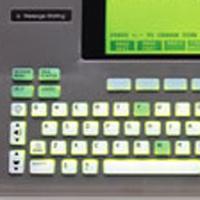
Sometimes, especially when you’re having a rough day out on the road, or in the dispatch office, the satellite can become your worst enemy. The short and abbreviated messages can come off as hostile instead of quick and to the point. This can result in a perceived conflict by the parties involved when really there isn’t one.
How to Avoid Poor Satellite Communication
- Be professional.
- Use clear communication.
- Avoid language that is unclear – be specific.
- Stay on point. Irrelevant points can confuse and lead to miscommunication and end with a mistake being made.
- Don’t use language that is accusatory, this can quickly escalate. Ie ‘This is the situation and this happened.’ Don’t accuse such as ‘You did this and then that happened.’
- Don’t react emotionally to a problem. If you act on your impulse and send a nasty message you’ll escalate the situation. Just focus on the best resolution possible at the time. You can deal with outstanding grievances later, when people are calm.
- Most companies provide ways to resolve problems between personnel. A fight on the satellite isn’t a productive way to get what you want.
- Remember, just as with email, once the message is sent you can’t take it back.
The main thing to remember when using the satellite for communication is to communicate clearly. If there is any doubt about the communication over the satellite don’t hesitate to pick up the phone and contact the person directly. While the satellite is there for quick communication, sometimes it is just easier and less complicated to pick up the phone.




